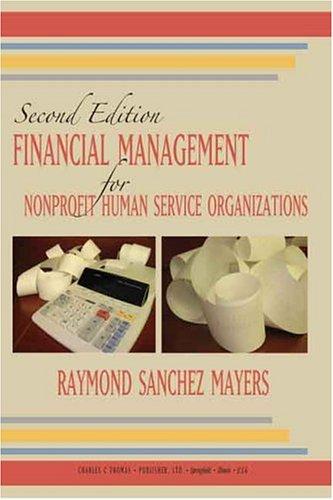Question
Fama finds that most of the anomalies, found in academic research, are chance events, which suggests: conservatism semi-strong form efficient markets representativeness arbitrage Based on
Fama finds that most of the anomalies, found in academic research, are chance events, which suggests:
| conservatism | ||
| semi-strong form efficient markets | ||
| representativeness | ||
| arbitrage |
Based on the empirical evidence from several academic studies, managers appear to successfully engage in time the issuance of SEOs and share repurchase. If this stands the test of time, then this is evidence that:
| markets are weak-form efficient | ||
| markets are strong form efficient | ||
| markets are semi-strong form efficient | ||
| markets are inefficient |
On average, a company's stock price adjusts slowly to earnings announcements, which is an example of:
| weak form efficiency | ||
| semi-strong form efficiency | ||
| market inefficiency | ||
| strong form efficiency |
If the stock market is at least weak form efficient, then price changes
| should go up if the price went up the day before | ||
| should follow patterns | ||
| should allow investors to earn abnormal returns | ||
| should be random |
If market are efficient then the Royal Dutch and Shell 60-40 Price Ratio Deviations should equal:
| 10% | ||
| -10% | ||
| 5% | ||
| 0% |
The earnings surprise anomaly is an example of:
| representativeness | ||
| strong form efficiency | ||
| weak form efficiency | ||
| conservatism |
Step by Step Solution
There are 3 Steps involved in it
Step: 1

Get Instant Access to Expert-Tailored Solutions
See step-by-step solutions with expert insights and AI powered tools for academic success
Step: 2

Step: 3

Ace Your Homework with AI
Get the answers you need in no time with our AI-driven, step-by-step assistance
Get Started


